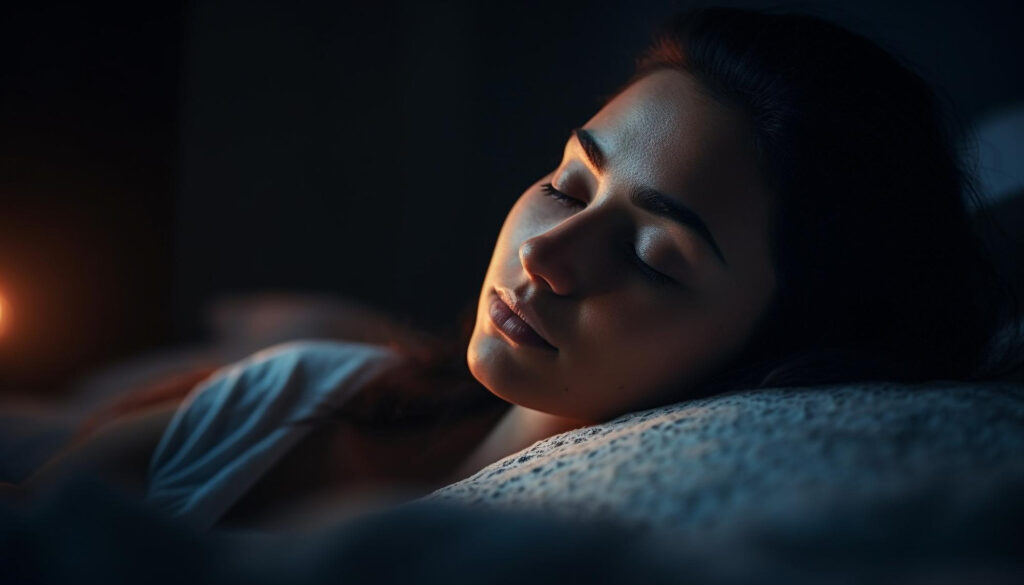Understanding the role of the pelvic floor in your pre-bedtime and sleeping habits might seem minimal, but it’s a fascinating connection. As a pelvic floor physical therapist, I emphasize that waking up in the middle of the night to urinate is typically not a positive sign.
When patients tell me they wake up one to three times a night to use the restroom, I discuss bladder irritants, the importance of hydration, and how to “retrain” their bladders with better habits.

While all these factors are crucial, there’s another reason we shouldn’t be getting up at night to urinate: it can signify that we’re not entering the crucial REM (rapid eye movement) cycle!
During REM sleep, our bodies undergo several amazing processes. This essential sleep stage impacts mood, memory, and learning. Remarkably, the antidiuretic hormone (ADH) is also released during this time. ADH’s main function is to reduce the amount of water excreted in urine, helping conserve your body’s fluids.
We urinate less and secrete more ADH when fluid needs to be conserved. When we’re well hydrated, ADH secretion decreases, and we urinate more frequently (every two to three hours, with a potent flow lasting eight to twelve seconds).
ADH plays a significant role in hydration and dramatically affects our ability to sleep soundly through the night. An adequately hydrated adult should need to urinate every two to three hours, so how can we sleep for more than eight hours without waking up?
During REM sleep, the production of ADH increases, reducing the amount of urine produced, which means less frequent urination, allowing for undisturbed sleep.
If you struggle to enter your REM sleep cycle, you won’t secrete as much ADH. Your urine production remains at a daytime rate, compelling you to urinate at night.
The solution is to develop healthy sleep habits. These help you enter your REM cycle, produce more ADH, and avoid nighttime bathroom trips. However, drinking a large amount of water shortly before bed will likely necessitate a trip to the bathroom.
Alcohol also inhibits the release of ADH, increasing urine production and causing dehydration. Therefore, a glass of wine before bed might result in nighttime bathroom trips.

Tips for Good Sleep Habits:
- Establish a regular sleep routine: Go to bed at the same time each night.
- Develop nightly routines: Engage in relaxing activities like meditation, bathing, or listening to music.
- Exercise regularly: Aim to work out regularly but not within two hours of bedtime.
- Cut back on stimulants: Reduce intake of nicotine and caffeine, especially after noon.
- Avoid big meals before bed: Finish dinner at least two hours before bedtime. A small snack before bed can aid sleep, though.
- Steer clear of alcohol: Initially sedative, alcohol disrupts sleep and may cause frequent awakenings.
- Take brief naps: Accumulate “sleep debt” during the day to make falling asleep easier.
- Use the bedroom only for sleep and intimacy: Avoid activities like watching TV or using devices in bed.
- End screen time early: Avoid screens – TV, phones, tablets, and laptops – at least two hours before bedtime.
- Create a comfortable sleep environment: Ensure your bedroom is cool, dark, and quiet.
Please SHARE this story with your Friends and Family and let us know what you think in comments!